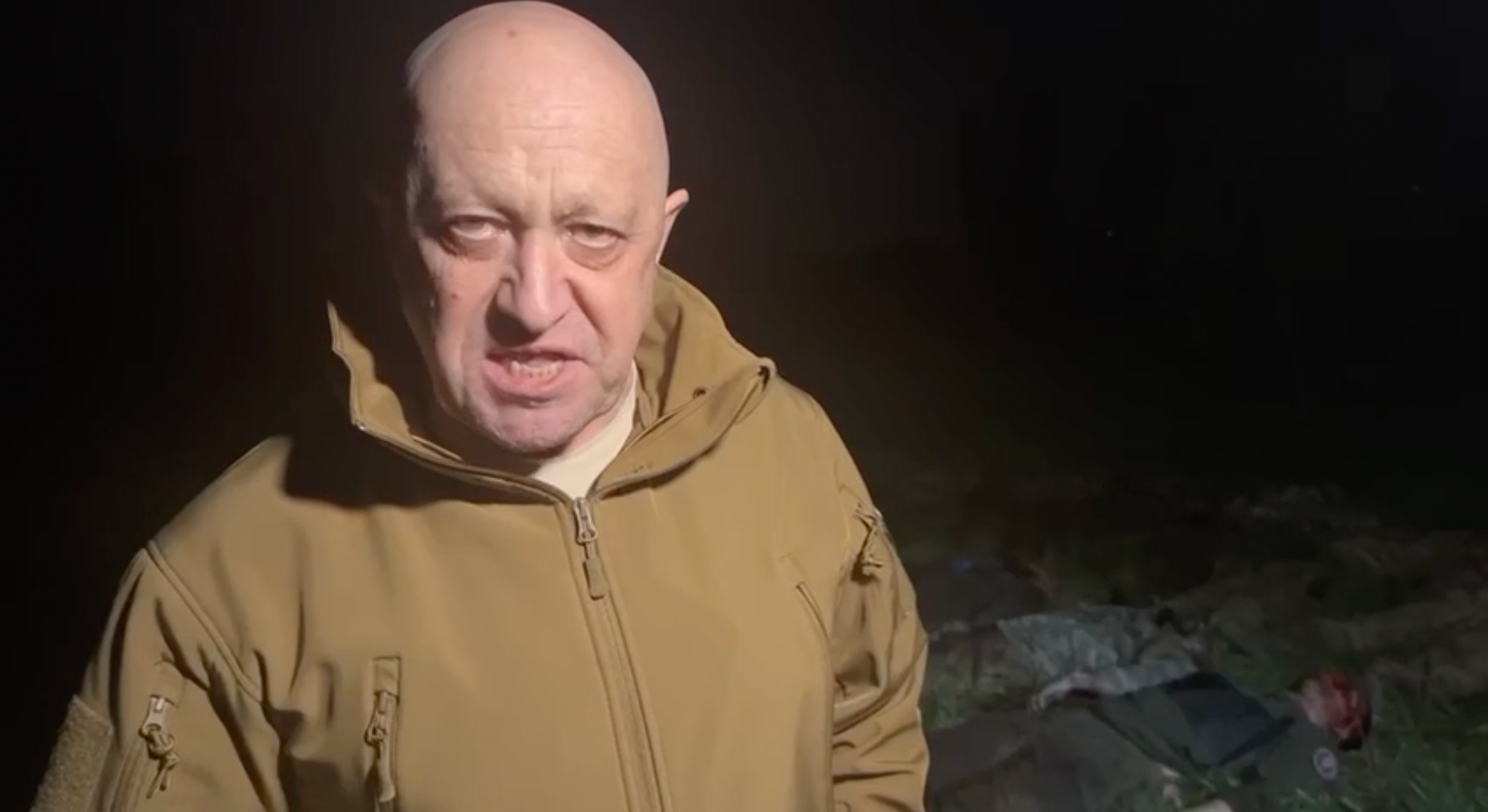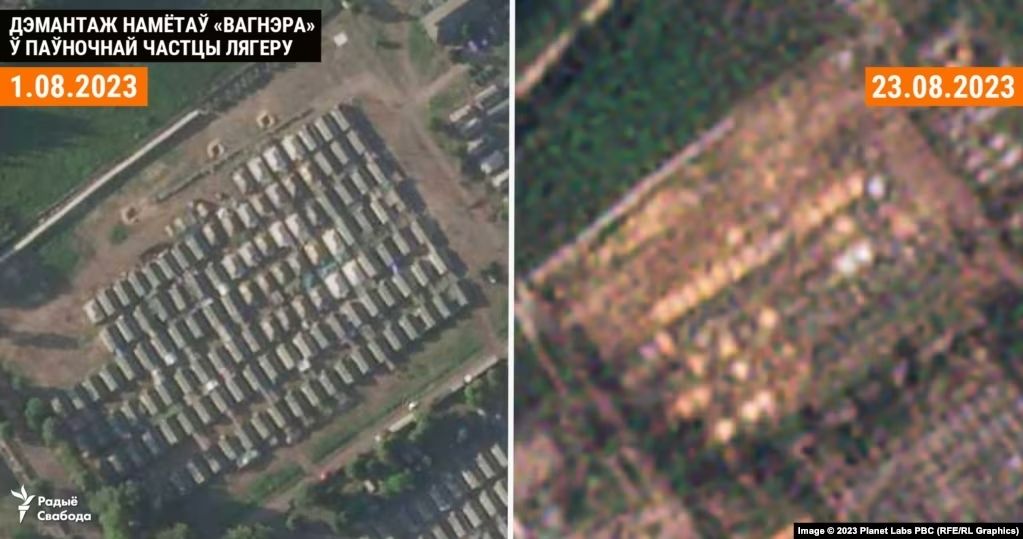Pentagon: Wagner 'no longer a factor on the battlefield in Ukraine'

The combat effectiveness of the Wagner Group is no longer a factor in Russia's war against Ukraine, Pentagon spokesperson General Pat Ryder said during a press briefing on Aug. 24 in response to a question about the presumed death of Wagner boss Yevgeny Prigozhin in a plane crash.
Following Wagner's short-lived rebellion against the Kremlin in June, Ryder said that the Wagner Group was no longer taking part in the war in Ukraine, but according to Ukraine's military intelligence chief Kyrylo Budanov, some Wagner forces had remained in southern Ukraine and eastern Luhansk Oblast.
The U.S. official noted that Prigozhin's mercenaries had been the "most effective combat force on the battlefield" in Ukraine. Wagner fighters played a crucial role in the protracted siege of Bakhmut in Donetsk Oblast, which ended in Russia's capture of the city in late May.
Regarding Prigozhin's death, Ryder stressed that despite the media's focus on the mercenary boss's apparent demise, Wagner remains the real threat, as it is "an international criminal organization, and has conducted horrific acts, both on the battlefield and elsewhere."

Following an undisclosed deal between the Russian authorities and Prigozhin after the rebellion, some of the mercenaries reportedly left for Belarus to provide training support to the Belarusian military, or to various countries in Africa where Prigozhin had engaged in a number of illicit activities.
Ryder said that Wagner's future role in African countries remains unclear, adding that the group has been involved in military or criminal operations in places like Burkina Faso and Mali.
"I don't think anybody's going to discount the potential for danger when it comes to that group or the remnants of that group," he added.
As for Belarus, some Wagner fighters reportedly began leaving the country due to low pay. Their exit has been further expedited by the recent report of Prigozhin and other Wagner leaders' deaths in a plane crash in Russia's Tver Oblast.













